Columbia College | Columbia University in the City of New York
Bookshelf
Sailor and Fiddler: Reflections of a 100-Year-Old Author by Herman Wouk ’34. Wouk, a Pulitzer Prizewinner, explores the intricacies of a life well-lived. From his time in the Navy to the craft of writing, Wouk bares all in his work and confides, “With this book I am free” (Simon & Schuster, $20).
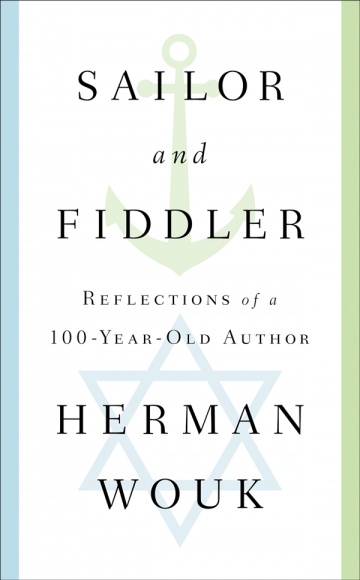
The State of Our Disunion: The Obama Years by Eugene Goodheart ’53. How has division become such a pervasive problem in the American government? Focusing on President Barack Obama ’83’s terms, Goodheart proposes solutions, urging politicians to “loosen the grip of ideology” in order to reach a much-needed common ground (Transaction Publishers, $34.95).
Kvetching and Shpritzing: Jewish Humor in American Popular Culture by Joseph Dorinson ’58. Personal, political and piquant, this work of analysis paints humor as a reaction to oppression and marginality. Dorinson dissects the symbiotic relationship between Jewish humor and American pop culture, observing the connections between social positioning and comedic style (McFarland, $40).
Afternoon of a Faun: How Debussy Created a New Music for the Modern World by Harvey Lee Snyder ’60. In this rich biography of Debussy’s life and influence, Snyder illuminates the essence and craft of the passionate man who pushed the boundaries of classical music, one who could hear melodies in “the sound of the sea, the outline of a horizon, the wind in the leaves, the cry of a bird” (Amadeus Press, $29.99).
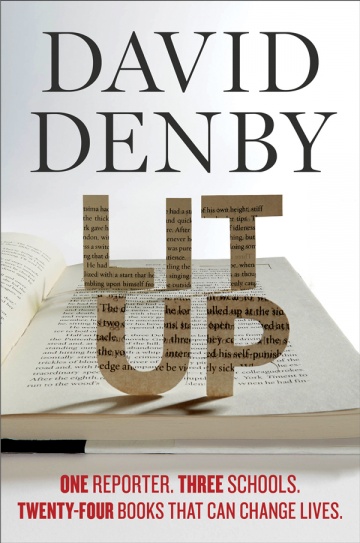
Lit Up: One Reporter. Three Schools. Twenty-four Books That Can Change Lives by David Denby ’65. Denby hails teachers and books as kindred spirits, both entities gifted with the ability to engage and inspire the lives they touch. Returning to high school classrooms to study how literature should be taught, Denby writes of the effective ways to use pages to enrapture a generation obsessed with screens (Henry Holt and Co., $30).
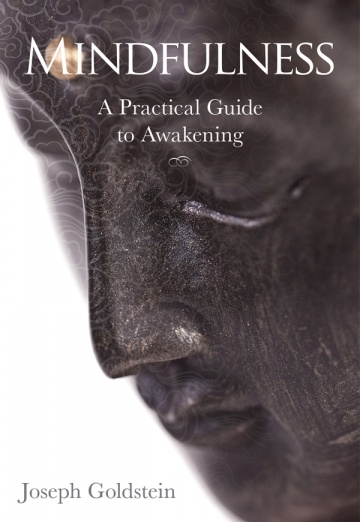
Mindfulness: A Practical Guide to Awakening by Joseph Goldstein ’65. Adapted from a series of lectures, this book explores the power of mindfulness “to awaken us from the dreamlike patterns of our lives.” Goldstein relies on core Buddhist teachings to help readers pave the way to happiness and peace (Sounds True, $25.95).
The Bernard and Mary Berenson Collection of European Paintings at I Tatti edited by Carl Brandon Strehlke ’78 and Machtelt Brüggen Israëls. This volume catalogs the many works of art cultivated by the Berensons from the late 19th century into the 20th. Paintings, photographs and essays converge to honor the works and the connoisseurs’ enchantment with them (Officina Libraria, $145).
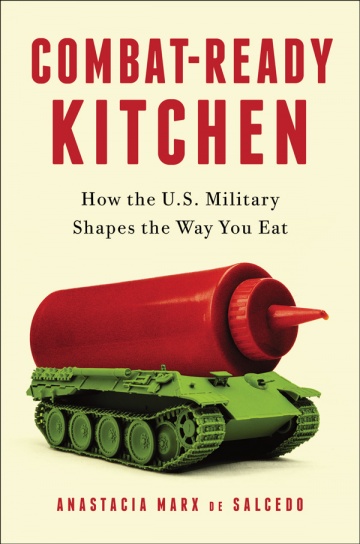
Combat-Ready Kitchen: How the U.S. Military Shapes the Way You Eat by Anastacia Marx de Salcedo ’88. A kitchen-oriented mother once dedicated to cooking from scratch, the author comes to understand not only the impact and advantages of food technologies but also the necessity of using those technologies wisely and cautiously, advocating for increased inspection of what we put into our bodies (Current, $27.95).
Last Call for Ganymede by Keith O’Shaughnessy ’94. In this collection of more than 30 poems, Grolier Discovery Award-winner O’Shaughnessy writes with a passion for the past. By reinvigorating traditional forms of poetry and reviving old voices and characters ranging from Shakespeare to Medea, he pays tribute to a rich literary history (Ilora Press, $16).
Affordable Housing in New York: The People, Places, and Policies That Transformed a City edited by Matthew Gordon Lasner ’96 and Nicholas Dagen Bloom. This comprehensive look at affordable housing in the United States’ most populous city includes content from essays and interviews to archival photographs. The authors brand New York as a “reflection of the American way” that should be kept livable for everyone (Princeton University Press, $39.95).
Age in America: The Colonial Era to the Present edited by Nicholas L. Syrett ’97 and Corinne T. Field GSAS’93. This volume of essays explores the number that determines the rights of American citizens: their age. As a measure of maturity and wisdom — from getting married to buying a drink — why has this seemingly arbitrary construct been granted such power (NYU Press, $28)?
The Wheel: Inventions & Reinventions by Richard W. Bulliet, professor emeritus of history. When it comes to that legendary circle heralded as the invention of all mankind, is there more than meets the eye? Bulliet traces the wheel from its conception to its modern and multifaceted use, noting that “invention is seldom a simple matter of who thought of something first” (Columbia University Press, $27.95).
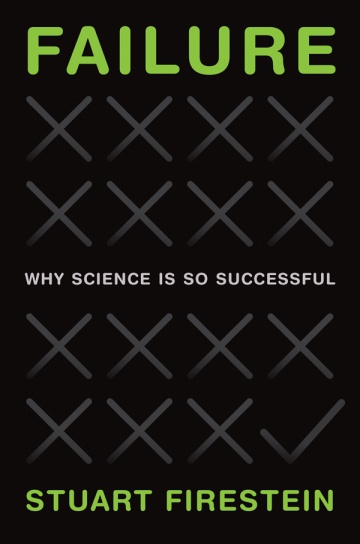
Failure: Why Science Is So Successful by Stuart Firestein, professor of biological sciences. What do scientists actually do every day? Firestein unveils the lives of those working in a field that is built on constant failure. Meant for the scientist, the student or just the curious, this book aims to educate and entertain, and to urge its readers to perhaps make a few mistakes of their own (Oxford University Press, $21.95).
— Aiyana K. White ’18
Issue Contents
Published three times a year by Columbia College for alumni, students, faculty, parents and friends.
Columbia Alumni Center
622 W. 113th St., MC 4530, 6th Fl.
New York, NY 10025
212-851-7852
cct@columbia.edu
Columbia Alumni Center
622 W. 113th St., MC 4530, 4th Fl.
New York, NY 10025
212-851-7488
ccalumni@columbia.edu

